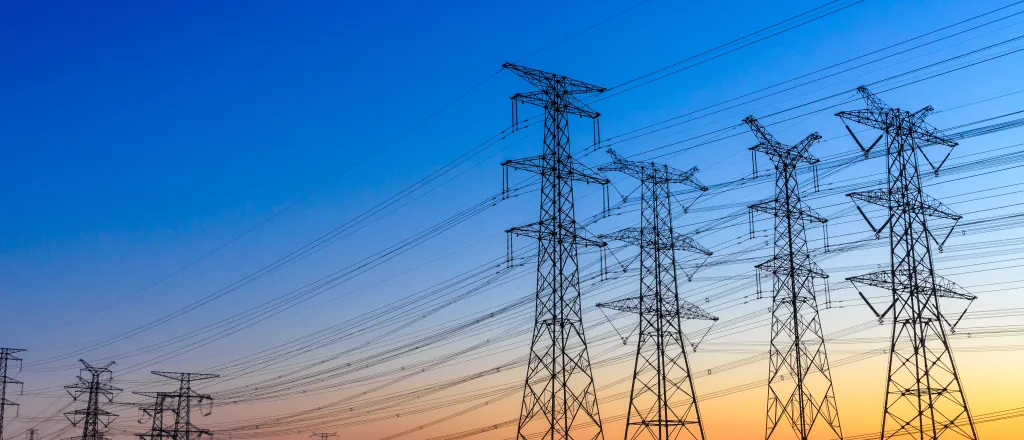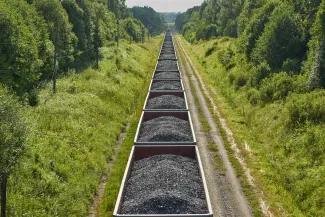
Wyoming’s biggest utility gets 'D' grade in new 'Dirty Truth' report
© zhaojiankang - iStock-802436842
Click play to listen to this article.
Instead of saving customers billions of dollars in energy costs, utility companies in Wyoming and across the U.S. are doubling down on fossil fuels. That’s according to the latest Sierra Club “Dirty Truth Report,” which tracks the progress of 75 utilities that have committed to phase out coal-fired power plants and transition to cheaper energy sources like solar and wind.
Emma Jones, an organizer with Sierra Club’s Wyoming chapter, said Rocky Mountain Power, said the state’s largest utility scored a "D" grade.

"And a lot of that is due to the fact that Rocky Mountain Power is stalling on a lot of near-term clean energy procurement, and instead they’re relying on a lot of aging fossil fuel resources that are just getting more expensive," she said.
Rocky Mountain Power did not responded to a request for comment. The report’s findings suggest utility companies are largely in sync with the Trump administration’s promise to achieve energy dominance by ramping up oil and gas production, halting the retirement of coal-fired power plants, and clawing back investments in clean energy.
Jones does not believe the administration's policy goals will lead to lower utility bills for Wyoming homes and businesses, and added that slowing the roll out of clean energy could also make the nation’s power grids, now tasked with fueling giant data centers needed for artificial intelligence, more vulnerable.
"The moves that this administration is making to prolong the life of coal and actively hurt clean energy development is really just short sighted," she continued . "And it also doesn’t really improve energy security."
Wyoming lawmakers have worked to keep coal-fired plants open in part to save jobs. But Jones pointed to recent analysis of Rocky Mountain Power’s integrated resource plan that shows clean energy investments will actually boost Wyoming’s economy far beyond any losses from retiring coal and gas plants, and create more jobs.
"So more jobs from construction of clean energy projects, and transmission build out. And also more long-term jobs that are good-paying, as a result of clean energy development," Jones said.

















